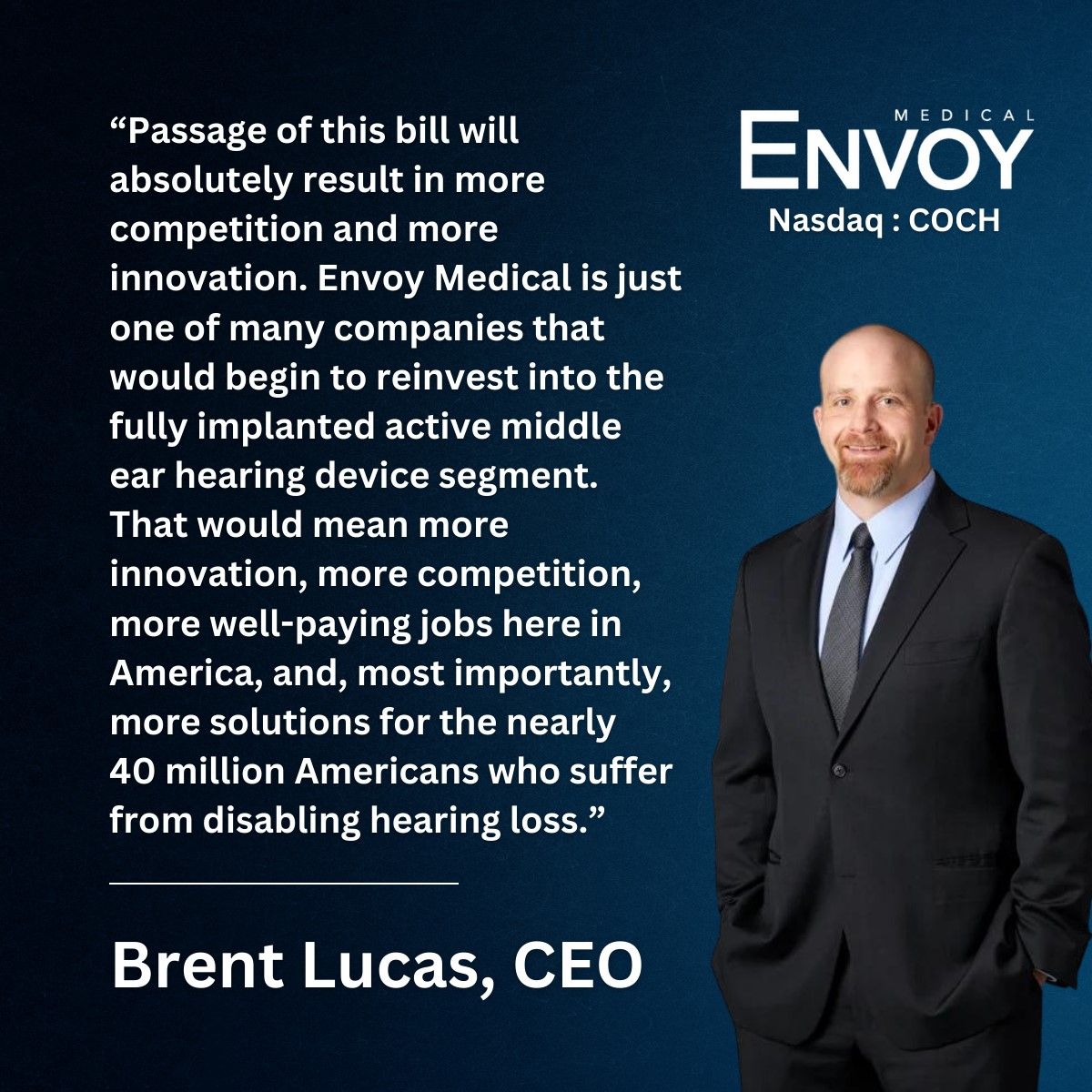Hearing Loss: The Chronic Health Issue you can't afford to ignore
by Envoy Medical Staff Member, on June 1, 2024

When filling out my medical history form, I always make a point to note my hearing loss in both ears. Despite the absence of a cure for this condition, I often overlook it as a chronic health issue, especially when compared to more common ailments like heart disease, diabetes, and arthritis. The minimal attention given to it by healthcare providers, along with their limited inquiries, may contribute to this perspective.
In a recent nationwide survey on Hearing Health Perceptions and Literacy Among Primary Healthcare Providers in the United States, it was revealed that while 54% of primary care providers recognized the link between hearing loss and depression, a significant majority lacked awareness of its association with risks such as falls, dementia, decreased income, job prospects, and even type 2 diabetes. Surprisingly, only 40% of providers believed that hearing loss is treatable, with a mere 17% considering it preventable.
This is troubling because Hearing loss is the 3rd most common chronic health issue in the United States, TWICE as prevalent as diabetes and cancer.
According to the National Council on Aging, untreated hearing loss is linked to cognitive decline, dementia risk, mental health issues like depression and anxiety, physical health concerns such as balance problems and falls, and economic implications affecting job performance and healthcare costs.
Hearing loss is more than just an inconvenience or a sign of aging; it is a progressive condition that can have long-term consequences if left unaddressed.
While treatment options may currently lack adequate insurance coverage and navigating pathways to treatment can be complex, it is crucial that we approach addressing hearing loss with the same level of urgency as we would for conditions like diabetes or cancer.
As we age, hearing loss can gradually impact our ability to communicate, engage socially, and actively participate in our surroundings. In the event of a stroke, vision impairment, mobility issues, or cognitive decline, managing a hearing device may become challenging, necessitating a different option and additional support to uphold our health, safety, and quality of life.
We must advocate for ourselves and our loved ones, continuously educate ourselves, and share our knowledge. By taking charge, effectively managing, treating, and monitoring this condition, we can work towards sustaining our optimal functioning as it develops and our abilities grow.
Help support children with hearing loss by sharing why you need your Esteem implant! For every patient story shared by Envoy Medical on social media or our website (see the example below), we will contribute $150 to Northern Voices to support their fundraising efforts. *
*Terms and conditions apply




